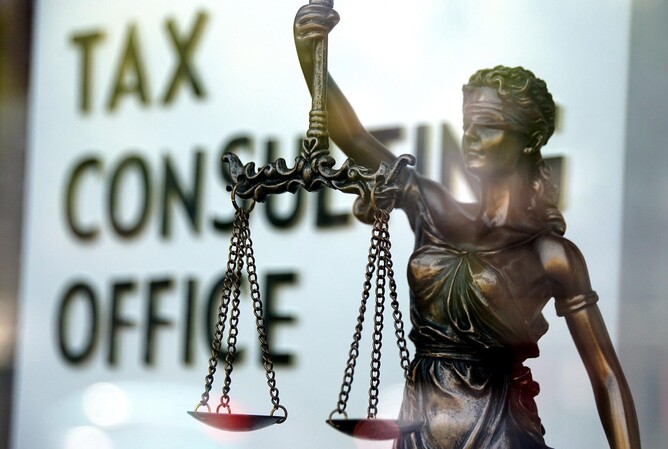Any director who engages in VAT fraud would, rightly, expect to be targeted by HM Revenue and Customs (HMRC) for investigation, and then suffer the consequences.
But those directors who are not engaged in such fraud may be alarmed to learn that they can also be legitimately targeted (HMRC prefers to use the term ‘selected’) by VAT fraud investigators, even if those investigators know fraud is not being committed by the company.
And the reason we use the term ‘directors’ rather than ‘companies’ being targeted, is because directors can be held personally liable for any VAT loss as a result of fraud within their supply chain.
HMRC is currently running a campaign that is based on the Kittel Principle, which essentially means that company directors can be targeted if they don't show that they have processes in place to stop VAT fraud amongst their suppliers.
This policy imposes heavy sanctions on those who violate it and holds directors personally accountable for the VAT fraud committed by their suppliers.
The Kittel Principle is based on a decision made by the European Court of Justice (ECJ) in a case where it was determined that input tax recovery might be refused if the claimant knew or should have known that the transactions were linked to unlawful VAT evasion.
In other words, if you have reclaimed VAT and it is shown that you should have known that the VAT you were charged was fraudulent, then you can be found to have facilitated the fraud, and must therefore repay the VAT.
And that liability is not limited to the company.
European Court of Justice
Although the UK now sits outside the European Union (EU), the ruling was incorporated into UK law in 2017 and is now utilised by HMRC as the measuring stick for suspected VAT fraud.
A director is under a lot of pressure under this principle to monitor tax and VAT compliance across their supplier chain and must be aware of, and comprehend the effects of, the Kittel Principle.
Despite this, many VAT experts worry that the complexity of the regulations is generally not well understood or applied by most UK Limited companies.
According to the regulations, a director must make sure that their company is compliant. This means verifying that suppliers are compliant and that any fraud risk is detected and eliminated.
Being able to demonstrate this means having appropriate policies and documentation in place. This means being able to show that there is a clear understanding of the characteristics of VAT fraud and a process to identify and eliminate suppliers who are, or may be, acting illegally.
Remember the key phrase: ‘should have known'; not ‘did know’.
Protecting your business
Protecting yourself personally and your business involves the following four key steps:
1. Ensure that there is a clear understanding of the characteristics of VAT fraud within your business. The following examples can indicate that you should be concerned:
- Requests to pay third parties
- Requests to make payments offshore
- ‘Un-natural’ or contrived supply relationships, such as fixed profit margins
- Lack of commercial viability of supply terms and pricing
- Unsolicited approaches from new companies
2. Create a system to identify and acknowledge any of the characteristics of VAT fraud when dealing with suppliers. Your system should cover areas such as:
- Knowing your suppliers (website, key people, trading location)
- Performing due diligence on suppliers (trade references, credit checks, trading history)
- Acting on information revealed in your due diligence
3. Ensure adequate training is in place for relevant employees (and is kept updated).
4. Document your system & training process and be able to show that the system has been followed correctly for each supplier.
Tahmina Ahmed, Senior Client Manager at ATN said:
“HMRC appears to be making this something of a priority. Having remained largely dormant for some time they are now keen to take advantage of the Kittel Principle.
We have dealt with two investigations on behalf of clients in the last couple of months”.
HMRC's interest will arise when a business is found to have been committing VAT fraud, and HMRC investigators then look at the offending businesses' customer relationships.
Tahmina added:
“Legitimate taxpayers can be blindsided by this. The key defence is to ensure that you at least have a system in place for identifying potential fraud in your supply base. No system simply means you have no defence.”
Talk to us
If you would like clear, concise, and easy to understand help and advice on any issues that you are concerned about, then you can contact us on 01474 326224. Alternatively, visit our website, tweet @atnpartnership, or email us info@atnpartnership.co.uk.




